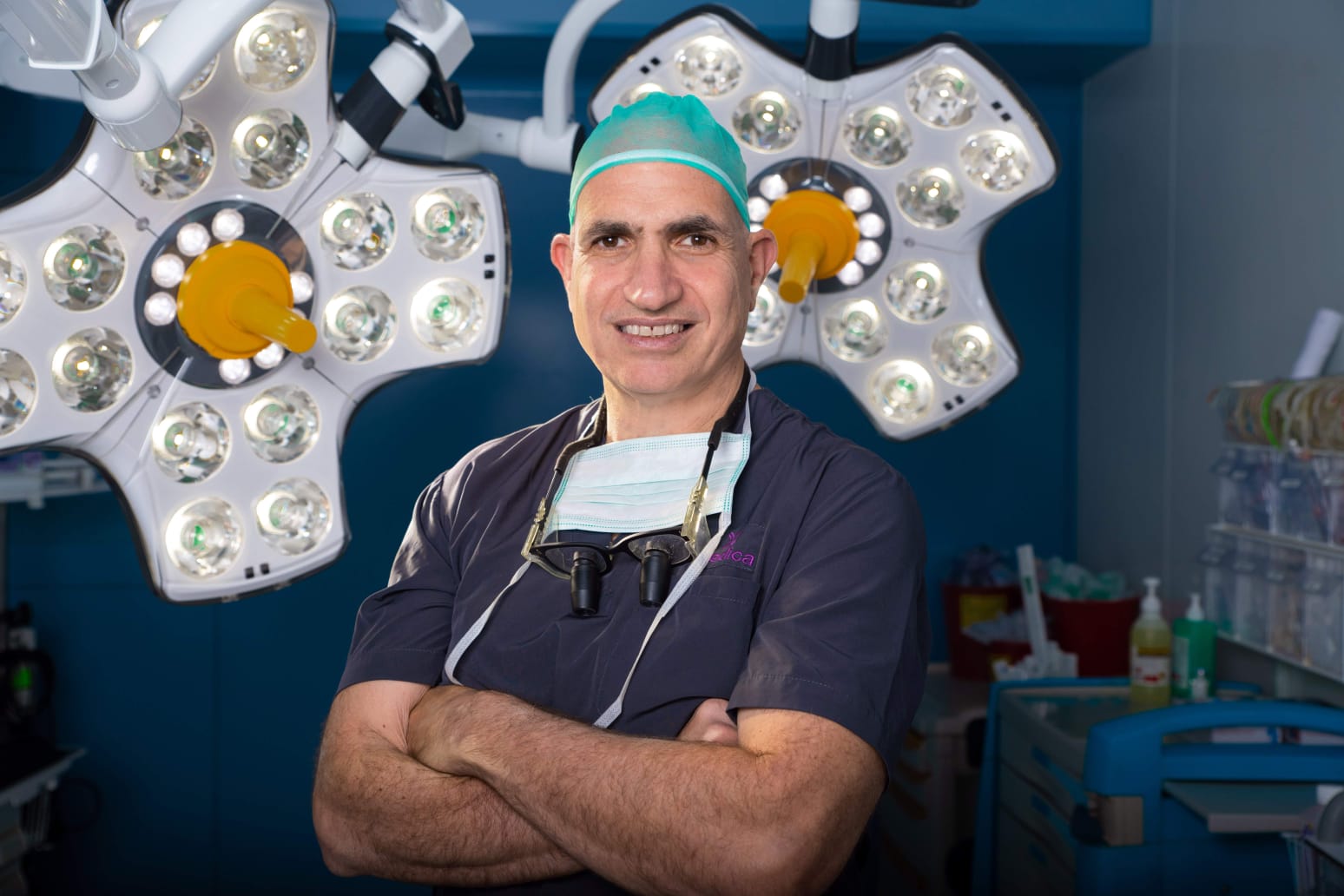Even if semen analysis shows normal sperm count and motility, fertility issues can still exist, and one hidden factor might be sperm DNA fragmentation.
Sperm DNA fragmentation refers to the breaking or damage to the genetic material (DNA) inside the sperm. This damage can affect a sperm’s ability to fertilize an egg, lead to failed pregnancies, or increase the risk of miscarriage.
In this article, we’ll explain what sperm DNA fragmentation is, its causes (like oxidative stress, lifestyle habits, or infections), how it’s diagnosed, and what treatment or prevention options are available for men trying to conceive.
What is Sperm DNA Fragmentation?
Sperm DNA fragmentation refers to the presence of breaks or damage in the DNA strands within sperm cells. This damage can compromise the genetic integrity of sperm, affecting its ability to fertilize an egg and support healthy embryo development. The importance of sperm DNA integrity in male fertility cannot be overstated, as it plays a crucial role in successful conception and pregnancy outcomes.
- Sperm DNA fragmentation can lead to infertility or subfertility in men.
- It is a significant factor in cases of unexplained infertility.
- High levels of DNA fragmentation are associated with poor reproductive outcomes.
Types of DNA Damage in Sperm Cells
DNA damage in sperm cells can manifest in various forms, including single-strand breaks and double-strand breaks. Each type of damage has distinct characteristics and implications for fertility.
- Single-strand breaks : These occur when one of the two DNA strands is broken, potentially leading to errors during DNA replication.
- Double-strand breaks : More severe, these involve breaks in both DNA strands, posing a greater risk to genetic stability.
Impact on Reproductive Outcomes
Sperm DNA fragmentation can significantly impact reproductive outcomes, affecting both natural conception and assisted reproductive technologies (ART).
- Increased risk of miscarriage and pregnancy loss.
- Lower success rates in ART procedures like IVF and ICSI.
- Potential for genetic abnormalities in offspring.
Origins and Causes of Sperm DNA Fragmentation
Primary Mechanisms Underlying DNA Damage
Several mechanisms contribute to sperm DNA fragmentation, including oxidative stress, apoptosis, and defective chromatin packaging. These processes can disrupt the DNA structure, leading to fragmentation.
- Oxidative stress : An imbalance between free radicals and antioxidants, causing damage to sperm DNA.
- Apoptosis : Programmed cell death that can result in DNA fragmentation.
- Defective chromatin packaging : Poor packaging of DNA in sperm cells, making it more susceptible to damage.
Clinical Risk Factors
Certain clinical conditions and lifestyle factors can increase the risk of sperm DNA fragmentation.
- Age : Older men are more likely to have higher levels of DNA fragmentation.
- Infections : Genital infections can lead to increased DNA damage.
- Varicocele : A condition characterized by enlarged veins in the scrotum, associated with higher DNA fragmentation.
Environmental Influences on Sperm DNA Integrity
Environmental factors, such as exposure to toxins and lifestyle choices, can also affect sperm DNA integrity.
- Smoking and alcohol consumption : Both are linked to increased DNA fragmentation.
- Exposure to environmental toxins : Chemicals and pollutants can damage sperm DNA.
- Diet and nutrition : Poor diet can contribute to oxidative stress and DNA damage.
Single vs. Double-Strand DNA Breaks in Sperm
Characteristics of Single-Strand Breaks
Single-strand breaks involve damage to one of the two DNA strands, which can lead to replication errors and compromised genetic information.
- Often repaired by cellular mechanisms.
- Less severe than double-strand breaks but still impactful.
Double-Strand Break Mechanisms
Double-strand breaks are more severe, involving breaks in both DNA strands, which can lead to significant genetic instability.
- Harder to repair, increasing the risk of genetic abnormalities.
- More likely to result in failed fertilization or embryo development.
Implications for Fertility and Conception
Both single and double-strand breaks can have serious implications for fertility and conception, affecting the likelihood of successful pregnancy.
- Increased risk of infertility and subfertility.
- Potential for genetic disorders in offspring.
Diagnostic Tests for Sperm DNA Fragmentation
Available Testing Methods
Several diagnostic tests are available to assess sperm DNA fragmentation, each with its own advantages and limitations.
- Sperm Chromatin Structure Assay (SCSA) : Measures DNA fragmentation index (DFI) using flow cytometry.
- TUNEL assay : Detects DNA breaks by labeling fragmented DNA.
- Comet assay : Visualizes DNA damage by measuring the migration of DNA fragments.
Interpreting Test Results
Interpreting test results requires understanding the implications of different levels of DNA fragmentation.
- High levels of fragmentation indicate a higher risk of infertility.
- Results can guide treatment decisions and fertility planning.
Choosing the Right Test for Your Situation
Selecting the appropriate test depends on individual circumstances and the specific fertility challenges faced.
- Consider factors such as cost, availability, and accuracy.
- Consult with a fertility specialist to determine the best testing approach.
Who Should Consider Sperm DNA Fragmentation Testing?
Candidates for DNA Fragmentation Analysis
Certain individuals may benefit from sperm DNA fragmentation testing, particularly those facing specific fertility challenges.
- Men with unexplained infertility.
- Couples experiencing recurrent pregnancy loss.
- Individuals with known risk factors, such as varicocele or advanced age.
Relevance in Natural Conception
Understanding sperm DNA fragmentation is relevant for couples attempting natural conception, as it can impact the likelihood of a successful pregnancy.
- High fragmentation levels can reduce the chances of natural conception.
- Testing can provide insights into potential fertility issues.
Importance of Assisted Reproductive Technologies
Sperm DNA fragmentation testing is particularly important in the context of ART, where it can influence treatment decisions and outcomes.
- Helps in selecting the most appropriate ART procedure.
- Can improve the success rates of IVF and ICSI.
Management Strategies for High Sperm DNA Fragmentation
Antioxidant Therapy Approaches
Antioxidant therapy is a common approach to managing high sperm DNA fragmentation, aiming to reduce oxidative stress and improve DNA integrity.
- Supplements such as vitamin C, vitamin E, and coenzyme Q10.
- A diet rich in antioxidants can support sperm health.
Lifestyle Modifications to Improve Sperm DNA Quality
Lifestyle changes can significantly impact sperm DNA quality, reducing fragmentation levels and improving fertility outcomes.
- Quitting smoking and reducing alcohol consumption.
- Maintaining a healthy diet and regular exercise routine.
- Avoiding exposure to environmental toxins.
Medical Interventions and Treatments
In some cases, medical interventions may be necessary to address high sperm DNA fragmentation.
- Surgical treatment for varicocele.
- Hormonal therapy to address underlying conditions.
Advanced Techniques in Sperm Selection and Preparation
Sperm Processing Methods
Advanced sperm processing methods can enhance the selection of sperm with intact DNA, improving fertility outcomes.
- Techniques such as density gradient centrifugation and swim-up.
- Aim to isolate sperm with lower levels of DNA fragmentation.
Use of Testicular Sperm for ICSI
In cases of high sperm DNA fragmentation, using testicular sperm for intracytoplasmic sperm injection (ICSI) can be beneficial.
- Testicular sperm often have lower fragmentation levels.
- Can improve the success rates of ICSI procedures.
Final Thoughts
Understanding sperm DNA fragmentation is crucial for addressing male fertility challenges. By exploring the causes, implications, and management strategies, individuals and couples can make informed decisions to improve their reproductive outcomes. With advancements in diagnostic testing and treatment options, there is hope for overcoming the challenges posed by sperm DNA fragmentation.
FAQs
How does sperm DNA fragmentation affect fertility?
Sperm DNA fragmentation can significantly impact fertility by compromising the genetic integrity of sperm. This can lead to difficulties in fertilization, embryo development, and successful pregnancy outcomes. High levels of fragmentation are associated with increased risk of infertility and pregnancy loss.
Can sperm DNA fragmentation be treated?
Yes, sperm DNA fragmentation can be managed through various approaches. Antioxidant therapy, lifestyle modifications, and medical interventions can help reduce fragmentation levels. Consulting with a fertility specialist can provide personalized treatment options.
What percentage of sperm DNA fragmentation is normal?
Normal levels of sperm DNA fragmentation typically fall below 15-20%. Levels above this range may indicate an increased risk of fertility issues. It is important to interpret test results in the context of individual circumstances and consult with a healthcare professional for guidance.


